

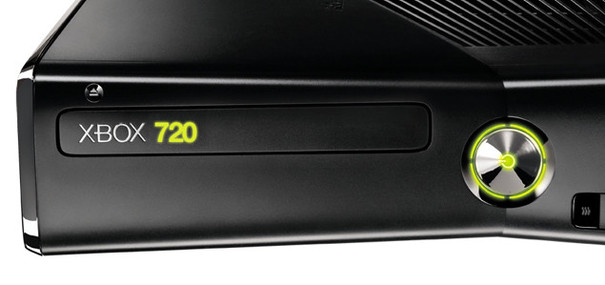
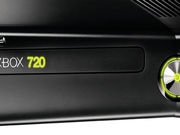
For a company like Crytek, the necessity to stay silent over future technology must be unbearable. This is, after all, a developer that has invested significantly in forward-looking tech, whose business model involves selling an engine to partners looking to power their own next-generation titles, and who has taken it upon itself to constantly push the boundaries of what's technically achievable.
Being forced to comply with the next-gen gag, then, is tough for Crytek. And sometimes, keeping quiet can prove just a little bit too difficult.
"It's what I call the industry's worst kept secret," says Crytek's Michael Read, producer on Crysis 3, discussing the next-generation console cycle. "Everybody knows it's coming."
He's right, of course. There isn't a day that seems to go by without another rumour circulating about the imminent arrival of the next-generation, some gloating of octo-core, gaming-focussed super computers, and others hinting at an emphasis on advanced online infrastructures over sheer graphical grunt.
Crytek has often found itself at the centre of such rumours, of course. Only two months ago, in a separate conversation with VideoGamer.com, CEO Cevat Yerli alluded to the specs of next-generation consoles. Read, though, claims that he isn't privy to the same information as his boss.
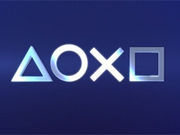
"I don't know a lot of specifics on what's happening and where it's going," he says, before deflecting the conversation toward the impact new hardware has on the dev team. "Video game development as a whole is challenging and you start throwing new stuff in there... it makes it even more of a challenge."
Though he may not be prepared to comment on the technical side of next-gen, Read's comments suggest he may know a fair amount about Crytek's next-gen strategy. Whichever form the consoles take, Read suggests, Crytek - or more specifically CryEngine - will be there to greet them.
"Saying a lot without saying a lot, we have a pretty powerful engine in our hands. We were involved with the Wii U at the beginning of the cycle for our engine in helping our partners develop for that. We've really been there all of the way."
Crytek's ambitions for future hardware, then, seem fairly clear, which makes the decision to launch Crysis 3 at the end of a console cycle, rather than hold off for the imminent next-gen launch all the more puzzling. After all, with the company looking to secure licensees for its "next-gen ready" engine, surely it would be within Crytek's best interests to prove CryEngine 3's capabilities via its own next-gen release, rather than launching Crysis 3 now?
"I think it was just a timing thing," says Read. "That's kind of where we ended up on Crysis." But Crytek hasn't ruled out a next-generation re-release, Read suggests.
"It would be a cool idea to see something like that," Read replies, when I ask him whether Crytek was considering re-releasing the Crysis trilogy on next-generation consoles, complete with all the bells, whistles and tessellated toads offered by the PC version. "I haven't heard anything about that internally, but I have had a lot of people asking about that. I think if enough people are crying out and going, 'Hey, let's see something', then, you know, that may just end up being awesome."

But even if a next-gen re-release of Crysis doesn't happen, Read suggests that plans are already afoot for CryEngine 3 to make its debut on next-gen consoles elsewhere. "There's a number of games that are in development," he replies, when I ask whether any of Crytek's partners had already licensed CryEngine 3 for use on next-gen platforms. "If you go look at Wikipedia there's a partial list of them. They're not all listed there."
Included on that list are games like Homefront 2, an unannounced RPG from Warhorse Studios "aimed for future generations of consoles", and Ryse, Microsoft's Roman warrior Kinect title first announced during E3 2011, and in development at Crytek.
"When I came into Crytek, the things I knew about Crytek were CryEngine 3, Crysis, [and] that rumoured game that was announced by Microsoft a couple of years ago...," says Read. Referring to Ryse as "that rumoured game" rouses suspicion. Why the secrecy? Has - as has been previously speculated - development of Ryse shifted onto Durango to take advantage of Microsoft's fabled Kinect 2.0, or could it be in far more serious trouble?
"The one thing I can say is, yes, it is in development," Read continues. "We've advertised for positions, we've talked about it, but that's about all I can say about Ryse at this point." I push him on it further. Is Ryse a next-generation Xbox title, I ask? "Maybe it's the generation after the generation," he quips. I joke back: Will it ever see a release? "I don't know," he responds. "We'll have to wait and see on that one."
Mystery projects aside, Crytek's current focus appears to be on further expanding its engine, experimenting with emerging business models and, after establishing a studio in Austin, Texas at the end of last month, Read jibes, "global domination".

"We're in a unique position," says Read. "We deal with a lot of different publishers, and we're also in a position where we're looking at self-publishing situations. Publisher deals have changed quite a lot over the past 10 years. We're in a very unique situation that we can do some experimentation."
That experimentation extends to Crysis, too, its future - presumably - set for some serious change following Crytek's ambition to focus on the free-to-play market.
"[Crysis] was defined as a trilogy originally back in 2007," says Read. "And we got that far. We got to the end of it. But we didn't want to go in [to the next Crysis] and go, 'Yeah, Crysis 3, Crysis 2, this story was originally an FPS so let's do an FPS-RTS hybrid!' It completely detaches from that, and it's just like creating that alternate timeline of going, 'Okay, what can we do over here?'"
Whether Crysis is being redesigned purely as a free-to-play game or not, Read won't say, but he does share some ideas the team already has for the future of the series.
"Whether it's some crazy co-op - I think co-op with Nanosuits would be awesome, personally. That's something we've talked about. Whether it's an FPS game, or an RTS game, or a hybrid-game, I don't know. That's really up to our design guys and what they want to end up coming up with and establishing that vision. There are so many different directions that we could go in right now and when we have something to talk about we'll get it out there."

And then, Read says something that sets next-gen alarm bells ringing again. "Crytek's experimenting in a lot of things right now," he continues, "[including] our GFACE platform and some of the announcements that will likely come up this year." Are the two linked to the upcoming cycle, I ask myself? Is the promise of development within Crytek's online service and additional announcements later in the year a further indication as to the launch timings and focus of next-gen hardware?
I end our conversation with a question: Could the GFACE platform be adapted for integration within future generation platforms?
"That's anybody's guess, man," he replies. Read's guess, I think to myself, is probably better than most.
Interview conducted during an EA-hosted event held in London on January 29, 2013.
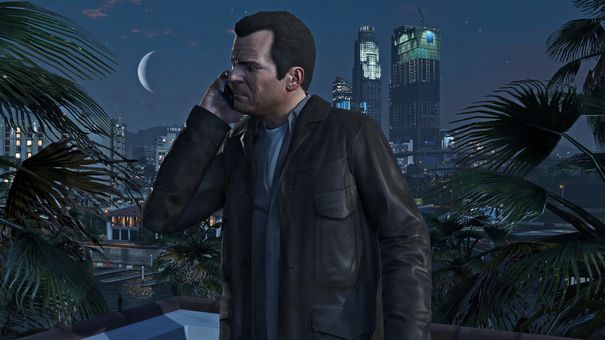
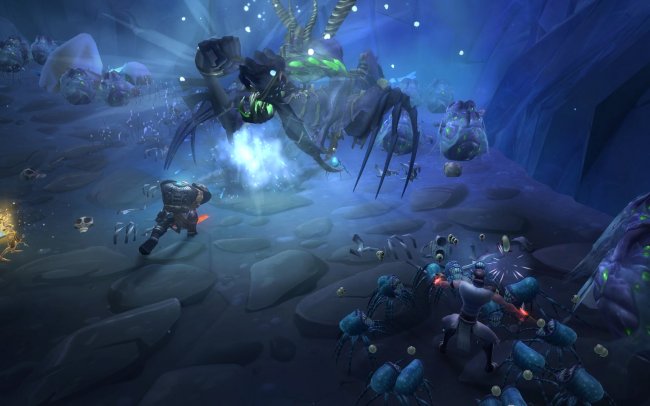
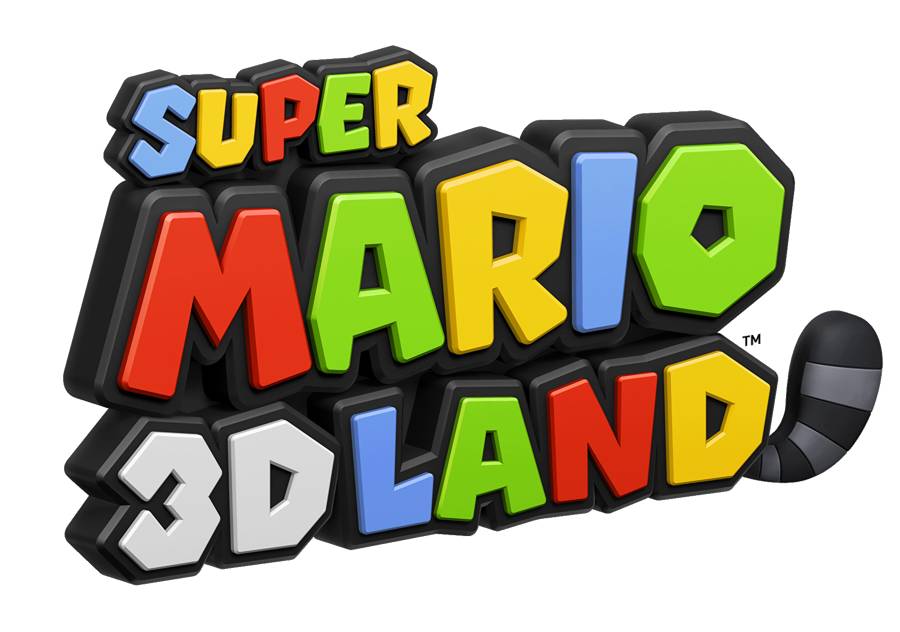

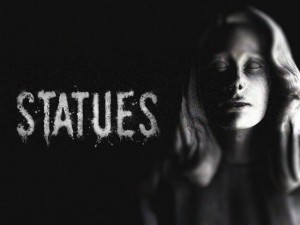 Walktrough Statues
Walktrough Statues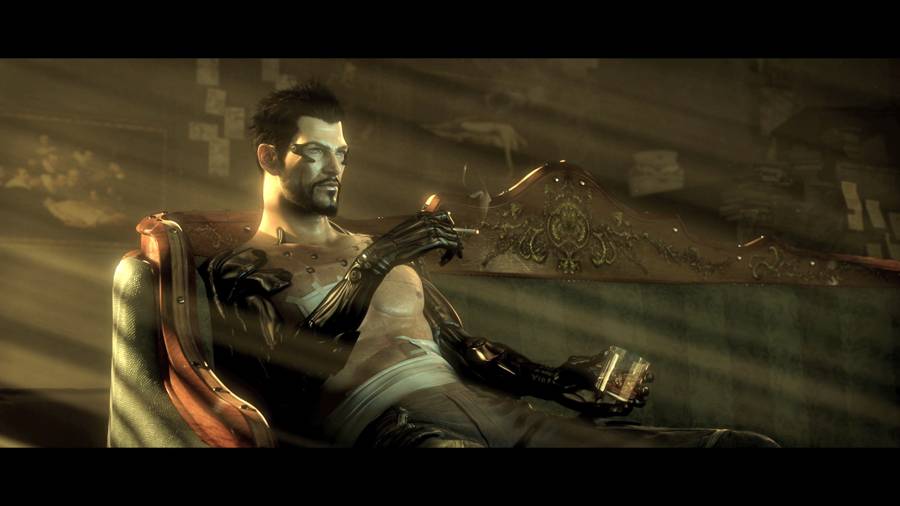 Deus Ex The Human Revolution Stopping The Transmission Guide
Deus Ex The Human Revolution Stopping The Transmission Guide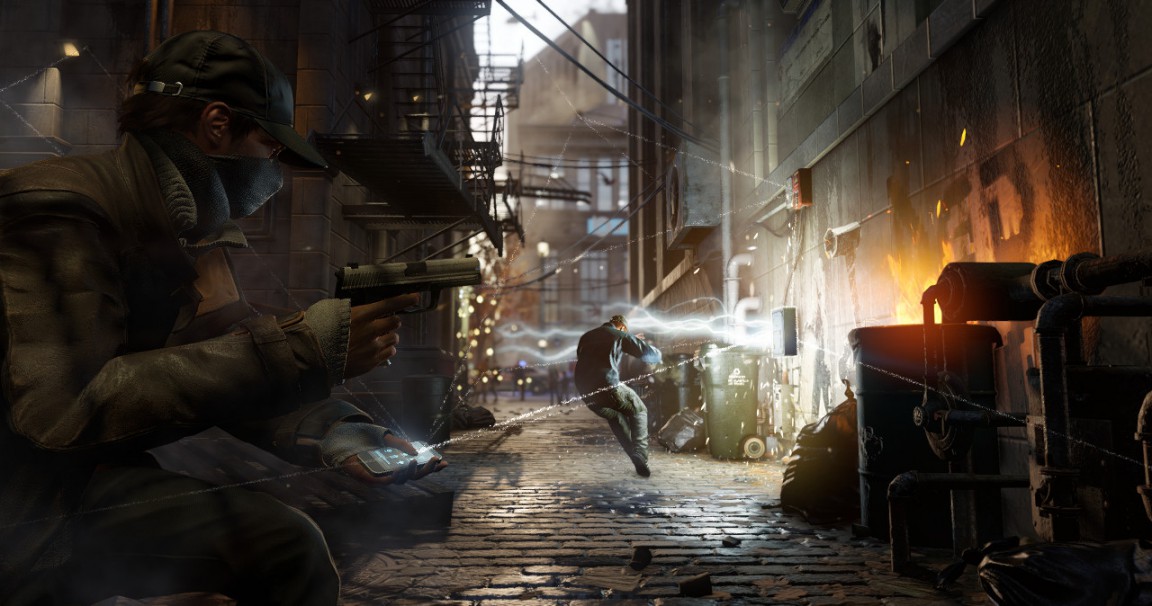 Watch Dogs: Hold On, Kiddo – meet Jackson, hack train
Watch Dogs: Hold On, Kiddo – meet Jackson, hack train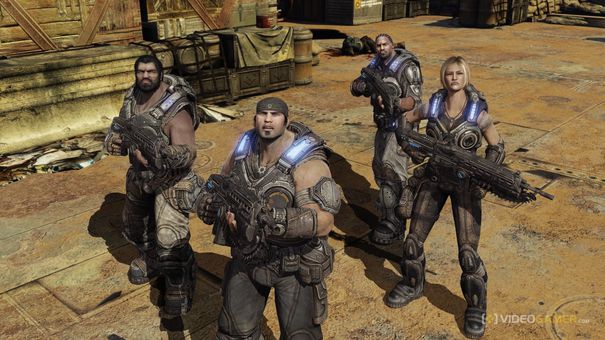 Gears Of War: Has Microsoft Committed An Epic Fail?
Gears Of War: Has Microsoft Committed An Epic Fail? DmC: Devil May Cry Vergil Boss Guide
DmC: Devil May Cry Vergil Boss Guide